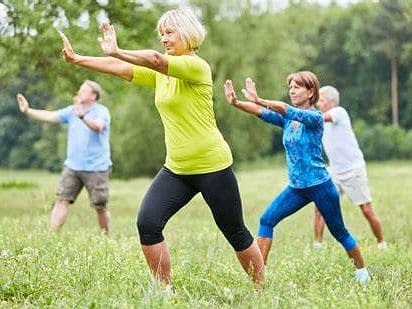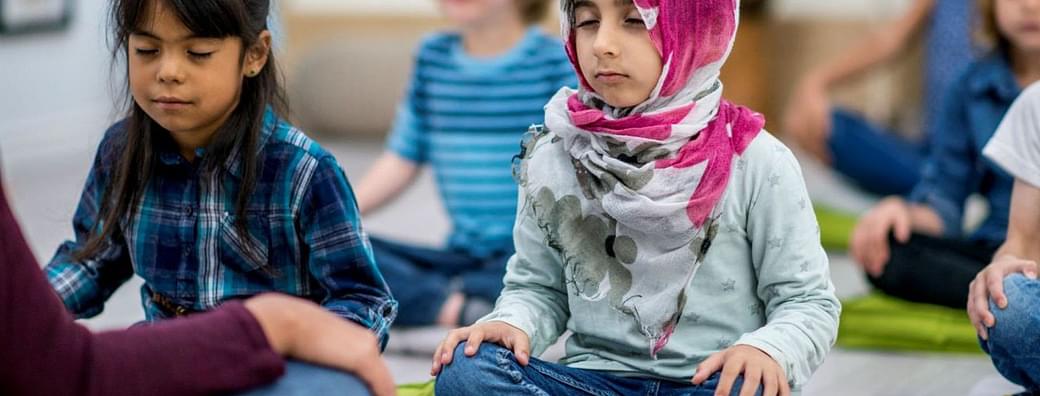Trauma-Informed Approaches
Read the Latest Research
Case Study 1:
Trauma-Informed Care for Children and Young People Who Have Been Trafficked: From Theory to Practice
From Sarah Boutros, Archives of Disease in Childhood; London Vol. 106, Iss. Suppl 1, (Oct 2021).
Results.
There are 4 key themes discovered in this study, also showing several sub-themes, as follows:
“(a) TIC (trauma-informed care) starts with a holistic understanding of human trauma that includes understanding trauma and how it manifests, understanding CYP (children and young people) specific needs, and professionals seeing and hearing CYP.
(b) TIC is primarily a relational model of care. Safety is a prerequisite to building a trusting relationship between provider and CYP, giving choices and collaborating with CYP helps give them back control, time is needed to build these relationships, and empowering trafficked CYP through a strength-based approach is key for recovery.
(c) For TIC to be effective the whole system needs to be trauma-informed as currently the system causes a lot of retraumatisation. A trauma-informed system would work collaboratively, and training would need to be an integral part of that system.
(d) The foundations of TIC already exist in current care practice. It is a model of care that is CYP-centred, holistic, and compassionate. Creating TIC structures also helps decrease vicarious trauma for providers.”
Conclusions.
“This study has suggested a trauma-informed model of care for trafficked CYP that puts the provider-CYP relationship at its heart with a foundational basis of knowledge and understanding of trauma and its manifestations in CYP. It suggested a universal trauma-informed system with effective collaboration between professional groups to better address the complex needs of trafficked CYP. Finally, this study found that the foundations of TIC already exist in current practice and that, where TIC structures are in place, vicarious trauma can be reduced for providers.” There needs to be further research, particularly with children and young people, to meet the needs of these individuals.
Journal of Nonprofit Innovation
Trauma-Informed Approaches
Case Study 6:
Yoga Interventions Involving Older Adults
Journal of Gerontological Nursing; Thorofare Vol. 48, Iss. 2, (Feb 2022): 43-52.
Abstract
“There is growing scientific evidence that yoga interventions have positive impacts on health in community-dwelling older adults. Older adults are an exponentially growing cohort; efforts to improve their health can also contribute to community health. The objective of the current integrative review was to examine quantitative evidence concerning effectiveness of yoga interventions related to the health of community-dwelling older adults. Six studies met inclusion criteria of community-dwelling older adults, randomized controlled trial (RCT) design, and yoga intervention in the past 10 years. Hatha yoga was most frequently used; interventions were well-received with high adherence rates. Benefits from participation in yoga included improvements in psychological and physical health, such as reductions in anger, anxiety, and fear of falling, and increases in well-being, self-efficacy, improved executive and immunological function, strength, and balance. Findings reveal that additional well-designed yoga RCTs are indicated with longer intervention and follow up to assess lifespan changes. [Journal of Gerontological Nursing, 48(2), 43–52.]”
Benefits included improvements in psychological and physical health, such as
- reductions in anger, anxiety, and fear of falling,
- increases in well-being, self-efficacy,
- improved executive and immunological function, strength, and balance.
Reference: Yoga Interventions Involving Older Adults: Integrative Review. (2022). Journal of Gerontological Nursing, 48(2), 43-52. https://doi-org.aspenuniversity.idm.oclc.org/10.3928/00989134-20220110-05


Case Study 7:
Effects of Tai Chi on Patients with Mild Cognitive Impairment
From Lin, Run; Cui, Shaoyang; Yang, Juan; Yang, Huijun; Feng, Zitong; et al. BioMed Research International; New York, Vol. 2021, (2021).
Practical Implications and Recommendations for Future Studies
“This meta-analysis suggests that Tai Chi can safely improve cognitive function and physical activities in older adults with MCI when used with appropriate frequency and duration. It provides positive evidence for clinicians that this may be a conducive treatment for this population. Tai Chi may improve plasma BDNF, and therapeutic effects could be documented by serial measurements.
ConclusionsThis meta-analysis indicates that Tai Chi has positive clinical effects on cognitive function (global cognitive function, memory and learning, executive function, etc.), and physical abilities of older adults with MCI and provides a feasible approach to MCI management. Despite these positive results, it is hasty to arrive at a definite conclusion regarding the positive effect of TC for the treatment in older adults with MCI due to the general methodological quality and the heterogeneity of the included RCTs in this study. To provide stronger evidence, more multicenter, double-blinded, and placebo-controlled RCTs are required in the future.”
Tools for Trauma-Informed Care
Read about some of the tools to help with trauma.
- Yoga for Mental Health
- Massage Therapy and Trauma
- Sound Bathing as a Healing Modality
- Intuitive Eating: A Nutritional Component of Self-Care & Healing
- Singing and Healing
- Trauma-Informed Workplaces
Read the Full Articles




